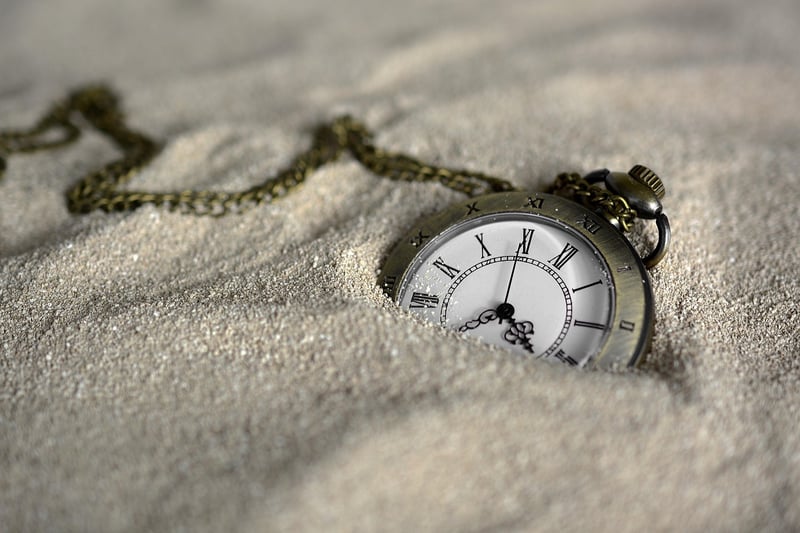Temporal Paradoxes
Understanding Time Theory and Temporal Paradoxes
Time, a concept that has puzzled and fascinated humans for centuries, is a fundamental aspect of our existence. From the ticking of a clock to the aging process of living beings, time governs our lives in various ways. In the realm of physics and philosophy, time theory explores the nature of time and its implications on the universe.
Time Theory
Time theory delves into the nature of time, its directionality, and how it interacts with space and matter. In physics, time is often considered the fourth dimension, along with the three spatial dimensions. The theory of relativity, proposed by Albert Einstein, revolutionized our understanding of time by showing how it can be relative and affected by gravity and velocity.
According to the theory of relativity, time is not a constant but can vary depending on the observer's frame of reference. Time dilation, a phenomenon predicted by the theory, suggests that time can pass at different rates for observers in different gravitational fields or moving at different speeds.
Temporal Paradoxes
Temporal paradoxes are situations in which the normal flow of time is disrupted, leading to logical contradictions. These paradoxes often arise in thought experiments involving time travel or scenarios where cause and effect become entangled.
Examples of Temporal Paradoxes:
- Grandfather Paradox: A time traveler goes back in time and prevents their grandfather from meeting their grandmother, leading to the time traveler's non-existence. This paradox raises questions about causality and the possibility of changing the past.
- Bootstrap Paradox: An object or information is sent back in time in a loop with no clear origin. The object exists without being created, creating a causal loop where the origin is unknown.
- Predestination Paradox: Events in the past are influenced by future events, which in turn are caused by the past events. This paradox challenges the idea of free will and determinism.
While temporal paradoxes are fascinating to ponder, they highlight the complexities and mysteries surrounding the concept of time. As our understanding of time continues to evolve, so too will our fascination with its intricacies and paradoxes.

Exploring time theory and temporal paradoxes invites us to question our perception of reality and contemplate the mysteries of the universe. Whether through scientific inquiry or philosophical reflection, the study of time offers a glimpse into the profound nature of existence itself.
